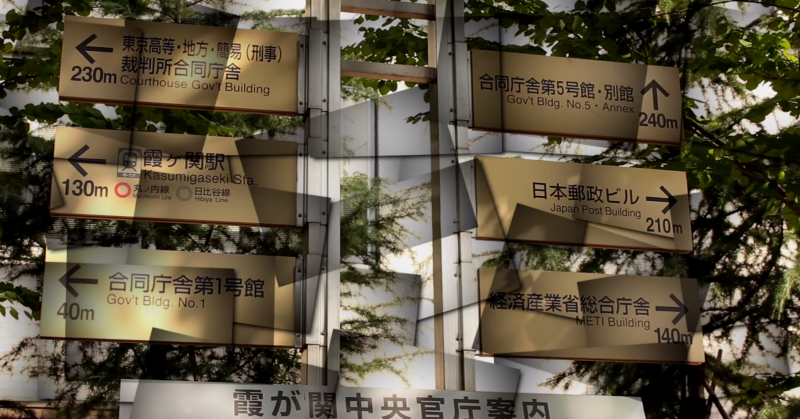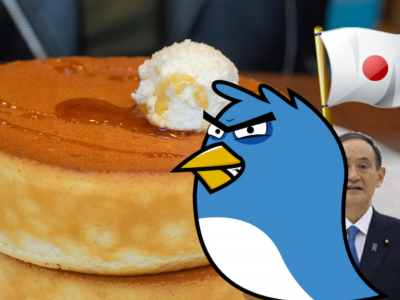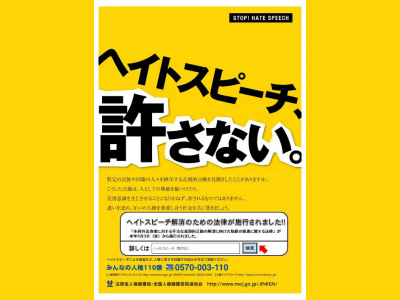
Screenshot courtesy Shingetsu News
Japan’s controversial State Secrecy Act became law on Wednesday, December 10. The State Secrecy Act increases criminal penalties for leakers of “state secrets”.
Under the new law, government workers who divulge information that has been classified as state secrets can be sentenced to up to 10 years in prison, abetters up to five. Critics fear the policy will threaten journalists and watchdog organizations, carrying a chilling effect that could deter them from doing their jobs. In Tokyo last year, mass demonstrations erupted with civic society organizations and journalist groups expressing broad opposition to the law.
In an interview with SNA Japan, Professor Lawrence Repeta of Japan's Meiji University explains some of the human rights implications of the new legislation:
The new law imposes stiff penalties against government officials and anyone who leaks information that has been designated a secret, says Repeta in the interview with SNA Japan. He predicts this will “obviously [have] an effect on any government official when deciding what information can be talked about when discussing government actions or policy.”
Repeta also explains that the law does not make an exception for whistleblowers. In other words, if an official exposes improper activities or an abuse of power by government actors with the goal of protecting the public interest, she will be afforded no special protection.
A noted legal scholar who has written extensively on the Japanese legal system in the context of access to information, state secrets, and freedom of speech, Lawrence Repeta's analysis of Japan’s 2013 State Secrecy Act can be read in English here.




3 comments